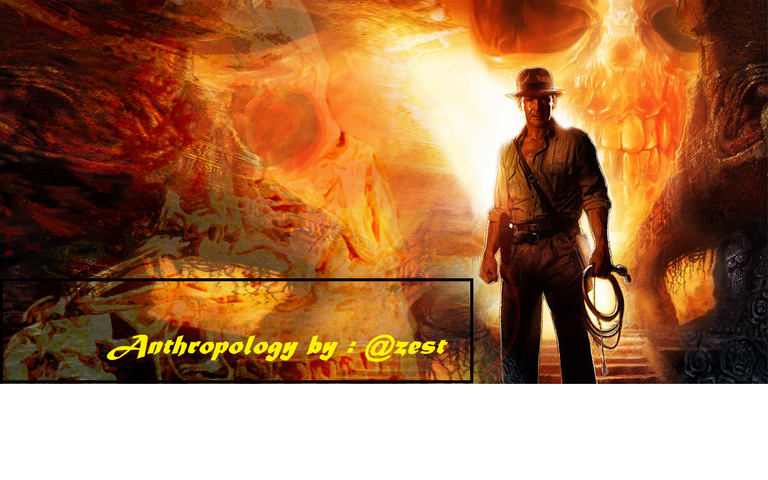
Disclaimer
It is not the aim of anthropological study to obtain factual knowledge of supernatural beings or powers. The aim, instead, is to understand the great variety of conceptions of the supernatural within the context of particular systems or communities. Anthropologists will unavoidably be influenced by their own beliefs and their own conception (or denial) of supernatural. It is, however, their task to understand any religious system in terms of its meaning for its adherents.
The Anthropological view on Religion, The Supernatural and Magic: Part 8 - Final
Participants in rituals
The form of a ritual also varies according to the nature of the participants. Rituals in which a whole society or community is involved may be described as communal rituals (eg rituals performed for chiefdoms or nation). Besides these, descent groups such as clans or lineages may be involved in rituals performed on behalf of the group as a whole, in which case we refer to them as kinship rituals. Likewise, the groups participating in rituals may be constituted on a voluntary basis (eg a church). As pointed out in the previous post, rituals may also be performed by a single individual.
Leaders in rituals (practitioners)
Persons acting as leaders in the performance of rituals do so as intermediaries between a group of people and a supernatural being or power. The emphasis in their work may be on representing the people to the supernatural or acting on behalf of the people, or vice versa. Often, however, it is impossible to draw such absolute distinctions, since the two kinds of roles may be fulfilled by the same individual and may therefore coincide or overlap.
Various kinds of such ritual leaders occur, of which the following are the most common:
Priest
A priest is the person who acts as a ritual leader with the purpose of establishing and maintaining communication between a group of people and the supernatural. The emphasis in his work is upon representing people with a supernatural being, although he may also speak and act on behalf of such a being. The priest represents this group of people before a supernatural being, and may also speak and act on behalf of such a being.
There are two kinds of priests:
Firstly, there is the priest whose position is hereditary within a decent group. He may be the head of a family, lineage or clan; he acts as a mediator between the group and the supernatural. In the case of religion based on the ancestors, the position is based on genealogical rank and leadership and is therefore usually not confined to ritual duties. He acts as a priest only when the need arises, and his function is therefore not a highly specialised one.
Secondly, there is the more specialised kind of priest, whose position depends on a period of formal training. This person's function is purely a religious one. He (or she) very often recieves intensive training for this work, and his office is based on this training (rather than some charismatic experience).
Prophet, diviner, traditional healer and shaman
I will discuss these aspects very briefly, as I will cover them in further detail in the coming weeks when I am writing a series on Mythology chosen by @nonationnoborders for me to write on.
Prophet:
The prophet represents the supernatural in the sense that he speaks on its behalf, often revealing the future, but also announcing the will of the supernatural being. The prophet speaks because he or she is commanded by the supernatural to do so.
Diviner
The diviner also provides knowledge of the supernatural, but at the request of the people. Whereas the prophet relies for his knowledge on his personal relationship with the supernatural, the diviner uses standardised procedures to interpret evidence found in various signs.
As far as a ritual is concerned, the role of a prophet or diviner is usually that he informs people of the necessity of a particular ritual, and the procedures to be followed. He may also participate in the ritual itself, but does not usually take the lead.
Traditional healer
A traditional healer specialises in healing and, sometimes, the overcoming of other forms of misfortune. This may include securing financial success and protecting people from evil forces. A herbalist is a particular type of a traditional healer who has specialised knowledge of the curative properties of plants and roots. In an earlier post we pointed out that the distinction between the natural and the supernatural is a peculiarly western worldview and not a universal one. This is apparent from the work of traditional healers: they may well have empirical knowledge of the medicinal properties of plants, but the effect of their remedies is also often ascribed to the workings of supernatural forces.
Shaman
The term "shaman" originally referred to a Siberian traditional healer. It is currently also used to refer to someone who is both a traditional healer and a diviner.
Among the North Sotho speakers such a specialist is known by the generic term, ngaka, A true ngaka has to be called by the ancestral spirits to practise this occupation and also has to be trained by an experienced ngaka in the knowledge of healing remedies and remedies that will ward off the effects of malice.
Place, occasion, words and objects in rituals
Place
The place where a ritual is performed is often of specific importance, since the effectiveness of a ritual may be considered to depend upon it being carried out in the correct place. Rituals may be performed in church buildings, temples, at the graves of the ancestors, sacred natural places such as rivers and mountains, or in or near the homestead, for example in a cattle kraal.
Occasion
The time when a ritual is performed may be linked to specific events such as a misfortune or crisis. Alternatively, a ritual may be performed at a certain time of the natural cycle (eg during certain agricultural seasons). Also, of course, certain rituals are performed during stages in the life cycle - after birth, at puberty, marriage, and at death. A distinction is therefore made between occasional rituals, that is rituals not performed on a regular basis, and cyclical rituals, that is rituals performed at particular stages of a natural cycle.
Words
Although some rituals are performed in silence, rituals are usually characterised by specific formulae, speeches or songs. An essential part of Christain baptism is the Trinitarian formula (in which reference is made to the three persons, Father, Son and Holy Spirit in one Godhead). In this case, the formula is such an integral part of baptism that baptism administered without this formula is commonly regarded as invalid. Likewise, prayers directed at supernatural beings and words of dedication also belong in the category of "ritual".
Objects
Like actions, the objects and substances used in rituals may be similar to those used in everyday activities. In rituals, however, these objects and substances are first dedicated to a supernatural being. In traditional communities examples of such examples of such objects and substances are food, traditional beer, snuff, condiments, incense, agricultural products, flowers and other natural objects.
Fundamentalist religions
Kottak (2008) describes antimodernism as the rejection of the modern in favour of what is perceived as an earlier, purer, and better way of life. This viewpoint grew out of disillusionment with Europe's Industrial Revolution and subsequent developments in science, technology, and consumption patterns. Antimodernists typically consider technology's used today to be misguided, or think technology should have a lower priority than religious and cultural values.
Religious fundamentalism is regarded as a contemporary form of antimodernism. Eller (2007) explains that religious fundamentalism derives its name (and much of its energy) from the notion of "fundamentals", those things - beliefs, behaviours, organisational structures and moral considerations - that are felt by members of a group to be most essential and central, the oldest, deepest, and truest aspects of the human person. Fundamentalists ascertain an identity separate from the larger religious group from which they arose - this reflects their belief that the principles on which the larger religion is based have been corrupted, neglected, compromised, forgotten or replaced with other principles.
Fundamentalist religions are on the rise and more often than not they have a strong anti-science position.
Religion Today - Concluding Thoughts
Globalisation, rapid sociocultural change and the growth of sciencific knowledge throughout the world led some scholars, in the past, to suggest that the practice of all forms of religion would decline and, in fact die out. (Some writers have even, somewhat dramatically, posed the question, The Death of Religion?) In fact, today, religion is more important than ever to many people, and not only to people from traditional communities. Indeed, according to some anthropologists, scientific and technological development has contributed to the continuing practice of religion in modern life by producing new anxieties and raising new questions about human existence.
Developments in the twentieth and twenty-first centuries have shown that, to paraphrase Mark Twain, the rumours of the death of gods and religion were greatly exaggerated. Religion survived the onslaught of modernisation and secularisation, evincing its characteristic and almost infinite capacity to adapt to and absorb extra-religious influences. Not only did religion not quietly fade away, but it thrived and multiplied, producing more religions and religious movements.
The end of the series....
Thank you for reading.
Images are linked to their sources in their description and references are stated below.
Authors and Text Titles
Winick 1970: Dictionary of Anthropology
Jordaan & Jordaan 1984: Man in context
Olivier 1976: Die religious van die Gcaleka
Wessels 1984: Tamil-hindoes
Beattie 1964: Other Cultures
Herskovits 1948: Man his works
Robert Redfield: The primitive world view
CR Ember 2005 : Anthropology 11th Edition
WA Haviland 2008: Anthropology: The Human Challenge 12th Edition
BA Pauw 1970: Religion and magic
Eller 2007:
Kottak 2008:
Turner 1966:
Hammond-Tooke 1974:
AFC Wallace 1966: Religion: An anthropological view
Hiebbert 1983:
Thank you @rocking-dave for the SteemStem gif


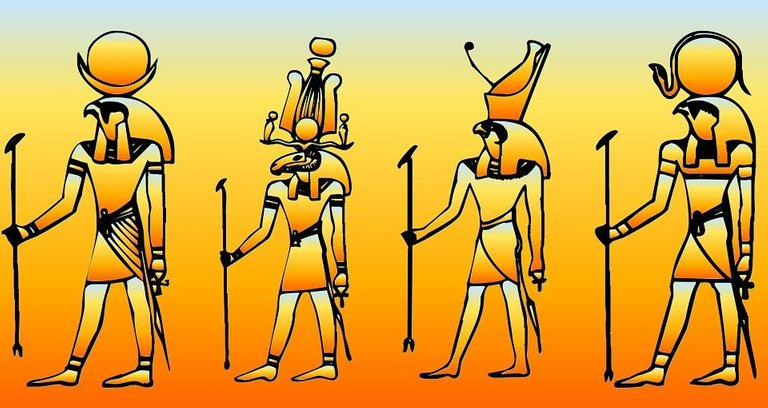
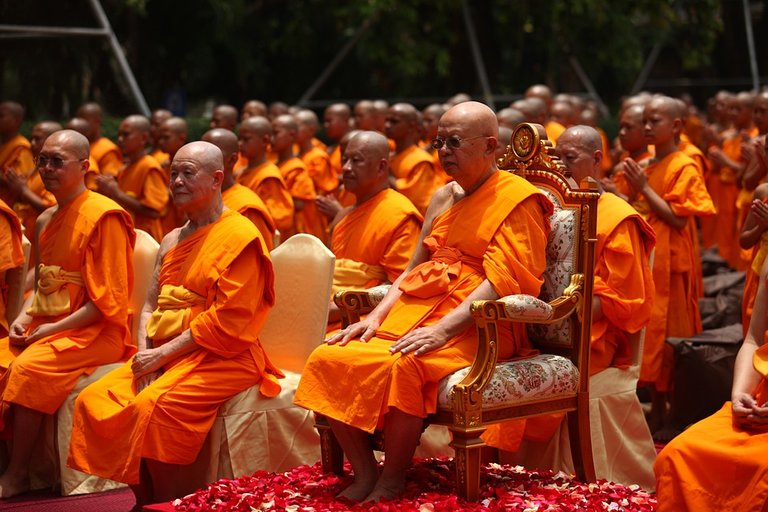
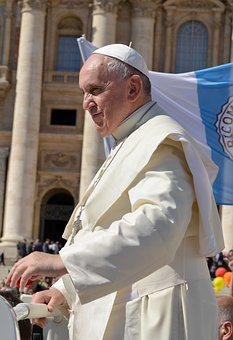
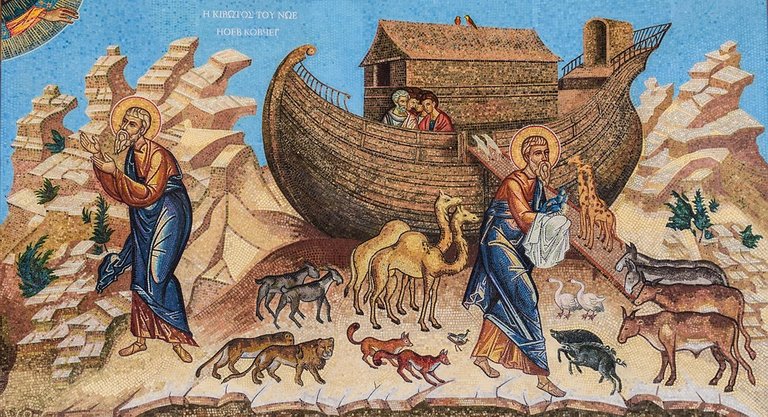
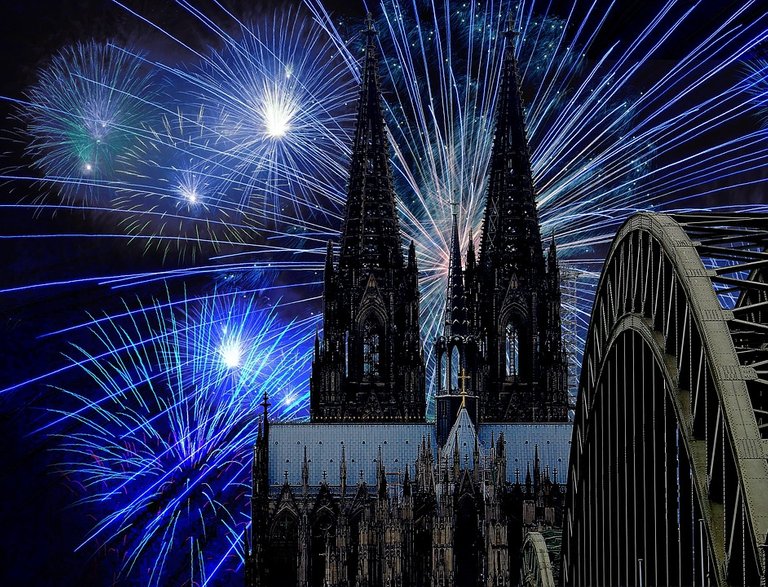
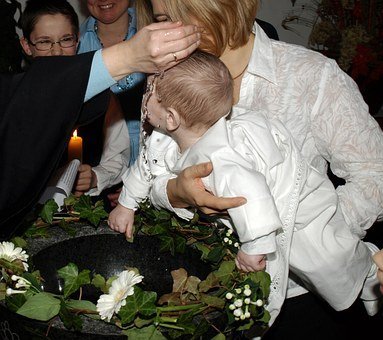
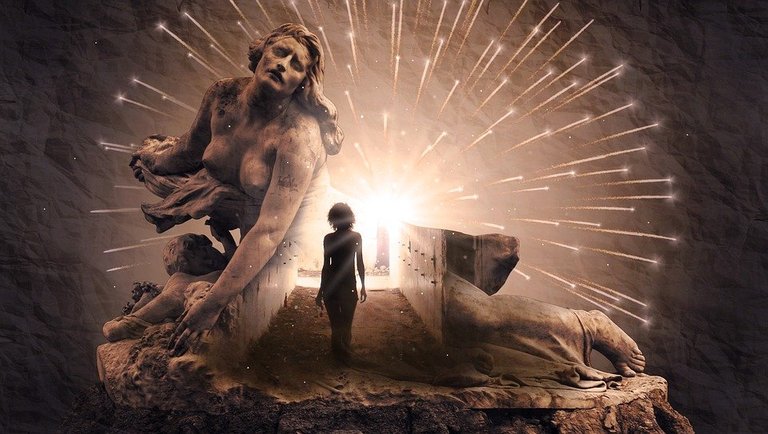
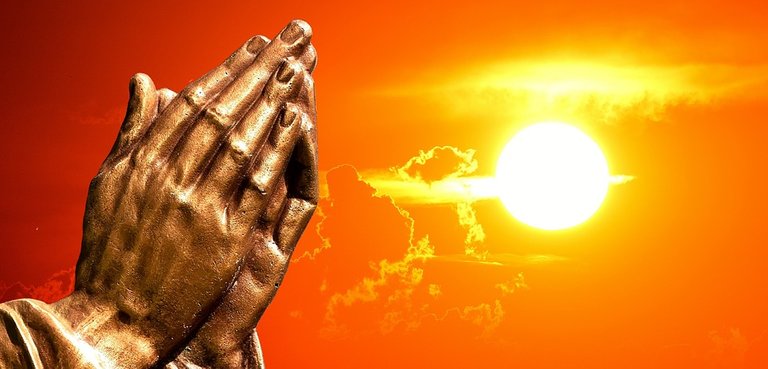
You received a 10.0% upvote since you are not yet a member of geopolis.
To read more about us and what we do, click here.
If you do not want us to upvote and comment on your posts concerning earth and earth sciences, please reply stop to this comment and we will no longer bother you with our love ❤️ https://steemit.com/geopolis/@geopolis/geopolis-the-community-for-global-sciences-update-1
With great and sincere gratitude, I say thank you for this series. I particularly liked this discussion on the role of herbalists and shamans. So much understanding about the medicinal benefits of plants has been lost to the Western world simply because of the refusal to learn from those who truly do know what certain plants can do. It's also fascinating to realize that without the aid of a shaman, many cultures would not have survived. Thanks for such an educational series!
I am truly grateful to you for all of the really brilliant comments and support all the way through. I really really appreciate it:)
I totally agree :)
Thank you my dear friend:)
Thanks for the free @Tag :D, can't wait for the mythology series.
My pleasure:) You choose a great topic:)
Awesome piece buddy. In this part of the world, we refer to traditional priests as "Dibia". I think that's what the Siberians call "Shaman"
Hi buddy!!
I apologize for the delay in responding, I have been a bit hectic lately.
Thank you as always for the great comment:)
"Dibia"- I will have a look into it when I am writing the series you requested for:)
Thanks a lot buddy. I'm patiently waiting for the series :) It would be my honour
upvoted & restem ur post @zest
Thank you!!!
This is really great. Religion, I thought we had too many religions and religious leaders here but you covered most of them. Didn't know south africans really know much about religion. I'm impressed. I know about priests, prophets, traditional healers, diviner, the shaman, no. At least, I know now. I'm happy you put out something I can relate to today.
Thank you..
How are you lost man?Hi @pearlumie!!!
Thank you so much, I glad you enjoyed it:)
Lost man... 😂,
Didn't know I was lost though, 🙄. But at least now, am found, Lol...
You see, that is how good an archaeologist I am, I found you before you even knew you were lost. (lol).
Lol